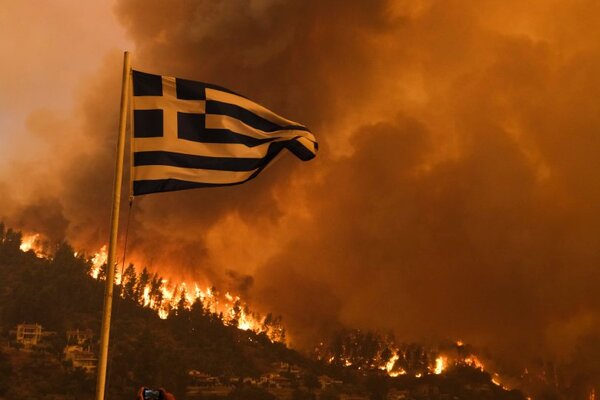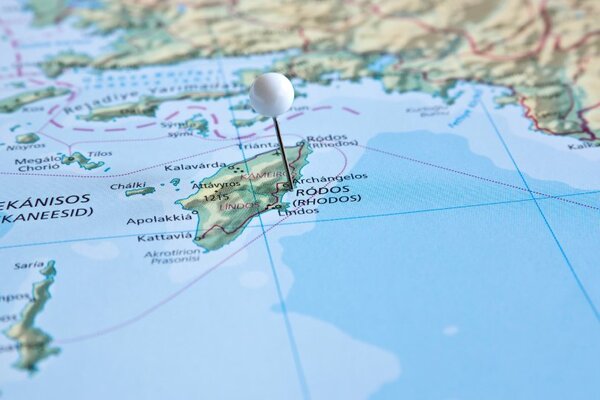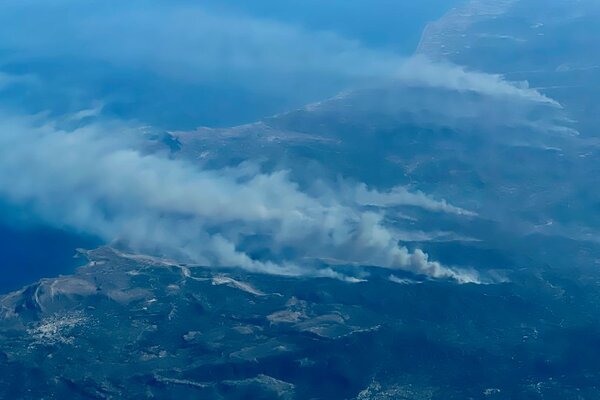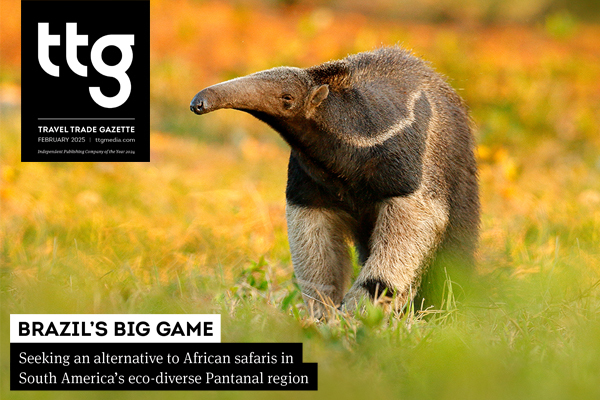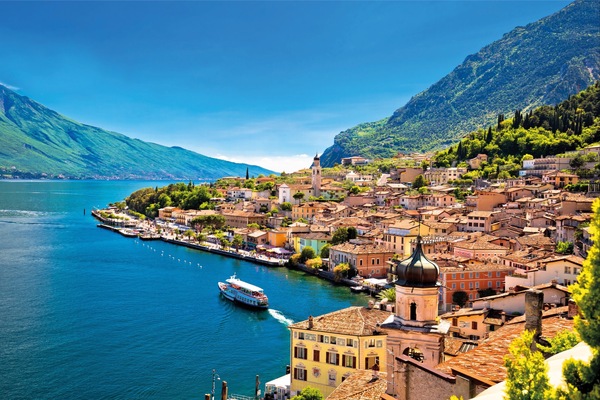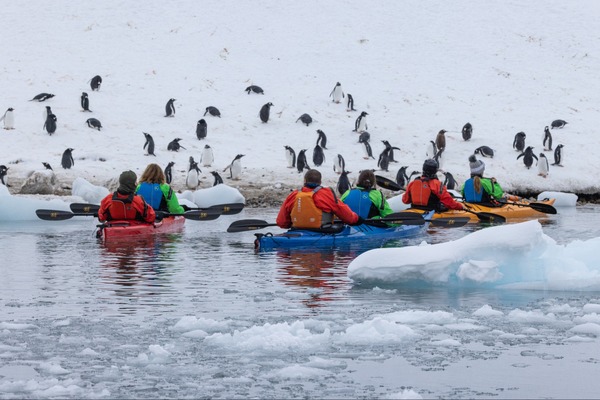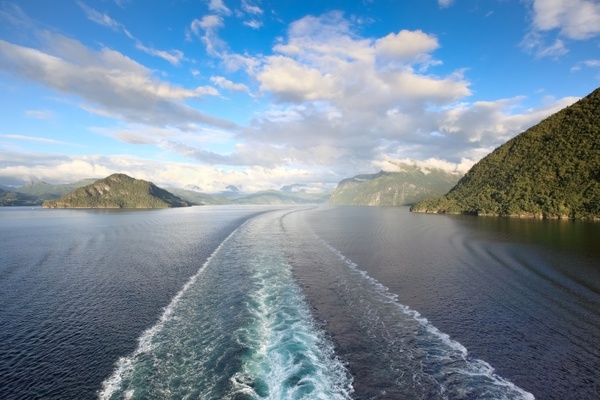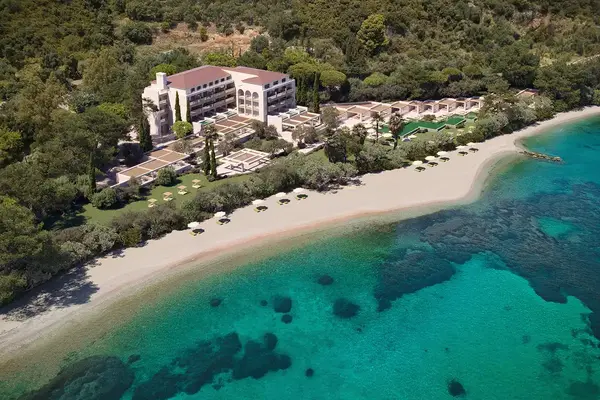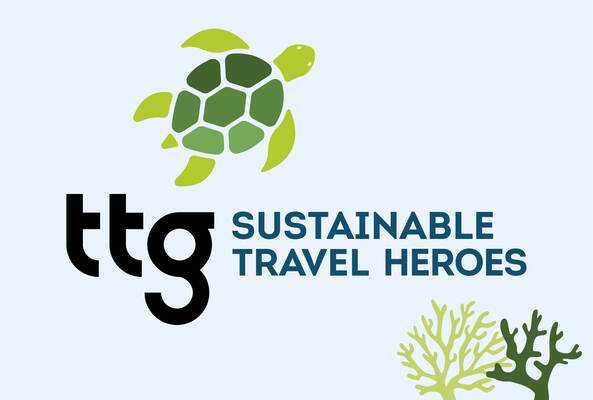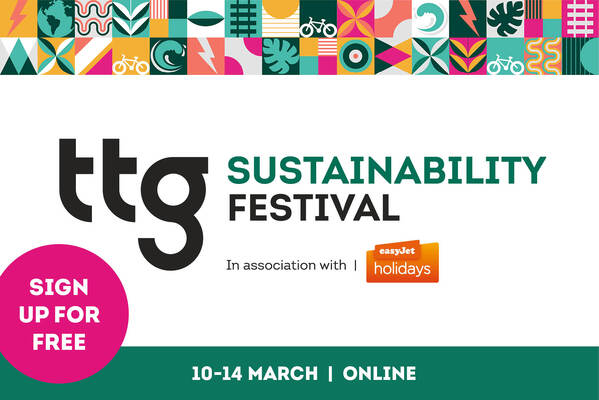Too hot to handle? Travel faces up to the climate crisis
 Tom Parry &
Tom Parry &  Will Payne &
Will Payne &  Ilaria Grasso Macola &
Ilaria Grasso Macola &  Gary Noakes
Gary NoakesRaging wildfires in Greece and temperatures tipping 40°C across much of southern Europe and the Med do not make an attractive selling proposition, even with last month’s dismal UK weather.
TV pictures of charred hotels, stories of hurried evacuations and beach rescues, and the sometimes unbearable heat have seen consumers think twice about where and when they travel – as well as their impact on the planet. The message seems to be resonating with consumers too, agents tell TTG; some are cautious about booking, while others are switching destinations.
Ashley Quint, director of Berkhamsted-based TravelTime World, has seen a gradual trend. Although he said no one had explicitly mentioned the climate situation yet, he noted: “For a few years now, we’ve had more and more clients tell us they don’t want to travel to Greece, Turkey and Cyprus during the peak summer season because ‘it’s too hot’.
“I think we’re definitely on the cusp when it comes to clients not wanting to travel to a certain destination because of the climate situation. The ‘it’s too hot’ comments are just the start – as we’ve seen, temperatures are going to be hotter and more prolonged.”
A recent survey backs this up; 71% of the 2,077 UK adults polled by InsureandGo said it was their belief that some holiday hotspots in the Mediterranean would be too hot to travel to by as early as 2028.
Others also see climate change as more of an issue for the future, and an opportunity for agents to once again show their worth.
Shona Thorne, director of Kilwinning’s Thorne Travel, said: “I think there’s going to be more chat with customers about this going forward – there will be a lot more attention paid to climate change, especially from customers with younger children or healthcare conditions.”
There are also tentative signs of current bookings being affected. Not Just Travel agent Annika Nickson commented: “I’ve had a customer who was ready to book a last-minute break to Italy but has now decided she either wants to look elsewhere or put the holiday back because of the heat.”
She added: “I think people are wary of committing to a deposit. They’re holding off a little bit and seeing how the situation pans out before they commit.”
A new reality?
The consortia, though, are keen not to tar travel’s image.
“There is currently no indication from the stats or member feedback that the recent hotter weather in Europe is driving more people to consider cooler climates in, say, northern Europe.”
That was the emphatic view from Advantage Travel Partnership chief executive Julia Lo Bue-Said. She added there had been no cancellations because of the heatwave and that she did not expect any.
Similarly, Ross East, Travel Network Group group marketing director, added: “Climate change is not something being mentioned by our customers at this point.” However, he stressed members’ feedback was that people were taking longer to commit due to media coverage of the heatwave and wildfires.
“Some customers who are due to travel to these areas are considering whether to continue with their booking or to amend to a different destination, but this is minimal,” he said.
Those most affected by extreme weather know it will inevitably become more of a consideration. “Climate change is not a myth. It is an undeniable reality knocking on our doorstep,” said Eleni Skarveli, UK director of the Greek National Tourism Organisation, who praised Greece’s firefighters for their response to the situation in Rhodes.
She highlighted a raft of green tourism initiatives in the country, adding: “In the Mediterranean region, we need to apply sustainable solutions to every single aspect of tourism.”
Besides Greece, Spain and Italy have also been feeling the heat – literally. Manuel Butler, UK director of the Spanish Tourist Office, said climate change was “absolutely” cropping up in conversations with clients.
“As a consequence of climate change, we are seeing changing weather patterns around the world, and Spain is no exception. This has been a key part of our conversation for some time.”
However, like Quint, Butler added: “We have not seen any changing booking patterns as a result of the recent heatwave.”
Butler said Spain would not be changing its marketing strategy because of climate issues, adding it was already focused on spreading tourism flows towards quieter periods. Italy is taking the same approach.
Urgent action
“We are trying to promote all seasons now, and also highlighting lesser-known destinations in order to mitigate overtourism in famous cities,” said Flavio Zappacosta, head of UK and Ireland at the Italian National Tourist Board.
“This will help both the environment and financial sustainability by spreading incomes from tourism to different parts of the country. We are also promoting train travel, which is very good in Italy, instead of flying,” he added.
Others in Italy take a more apocalyptic view, like civil protection minister Nello Musumeci. “We are experiencing in Italy one of the most complicated days in recent decades – rainstorms, tornadoes and giant hail in the north, and scorching heat and devastating fires in the centre and south,” he warned.
“The climate upheaval that has hit our country demands a change of attitude from all of us, at all levels.”
So, is there anything agents can do to help? Tim Williamson, Responsible Travel director, has some sage advice.
“Agents can help alleviate impacts by spreading tourism across seasons and across cooler, less-visited regions, by offering flight-free, lower-carbon, more nature-friendly holidays, as well as by encouraging their customers to fly less and take longer holidays, which also benefits local communities more.”
He summed up the industry’s conundrum: “We don’t want to write off entire destinations because of potential weather extremes. Many local people in these places depend on tourism.”
There is a fine balance to be found in future. The firefighting in Rhodes, in mainland Greece and across other parts of the Med continued heading into August, but firefighting of another kind – justifying and encouraging travel to those regions most affected – may well be an issue for frontline travel staff from now on.
‘I think this will be a welcome wake-up call'
Unlike the Covid pandemic, the fear factor of wildfires happening year after year presents agents with a great opportunity to sell the value of a personal service.
When people say “don’t worry, it’s £50 cheaper online so I’ll do it myself”, what they’re also saying is “if my hotel burns down in a wildfire, I’ll look after myself”.
As agents, we can point out the cancellation terms, the change fees and the support we can provide clients in-resort if the worst happens.
Evidence suggests these heatwaves would have been impossible without human-induced climate change. I think this will be a welcome wake-up call, one that encourages agents to do more when it comes to educating customers on ways to reduce the impact of their travel, such as by making more sustainable hotel choices. These are the conversations I hope to have with more of with my clients.
Extreme heat has been an issue in places like Greece for the past few years, so we are already geared up to offer alternatives to Europe, such as Mauritius, or travelling in different seasons.
I expect to see a lot more supplier campaigns that will inspire us to think outside of the box for peak summer holidays in the years to come.
Marie Rowe is a Travel Counsellor based in Reading.
Sign up for weekday travel news and analysis straight to your inbox

Gary Noakes

Tom Parry

Ilaria Grasso Macola
Supplier Directory
Find contacts for 260+ travel suppliers. Type name, company or destination.
